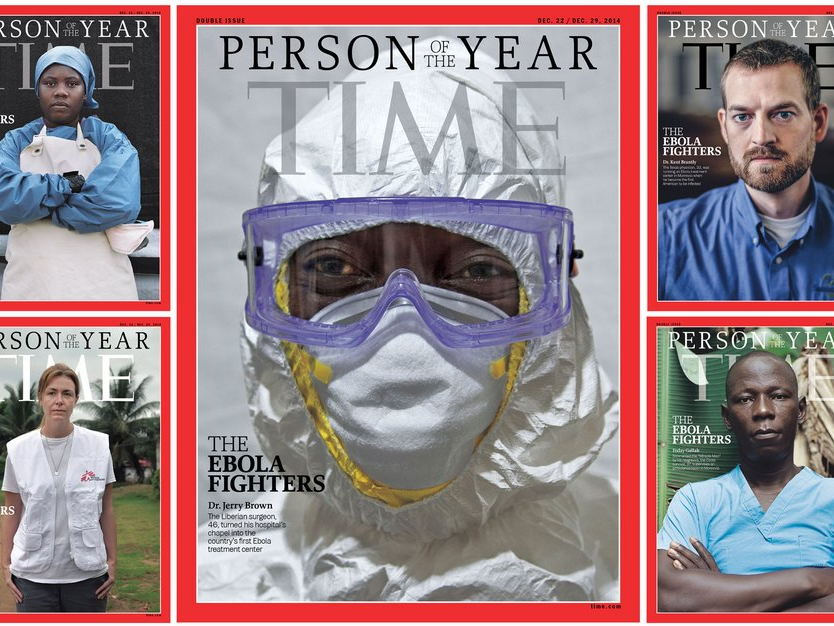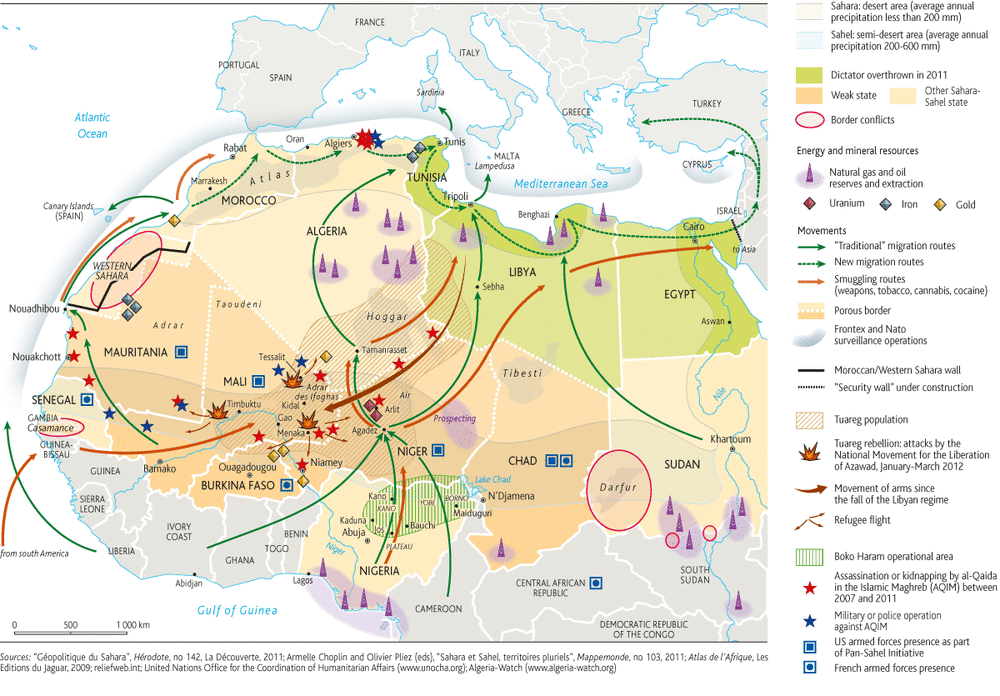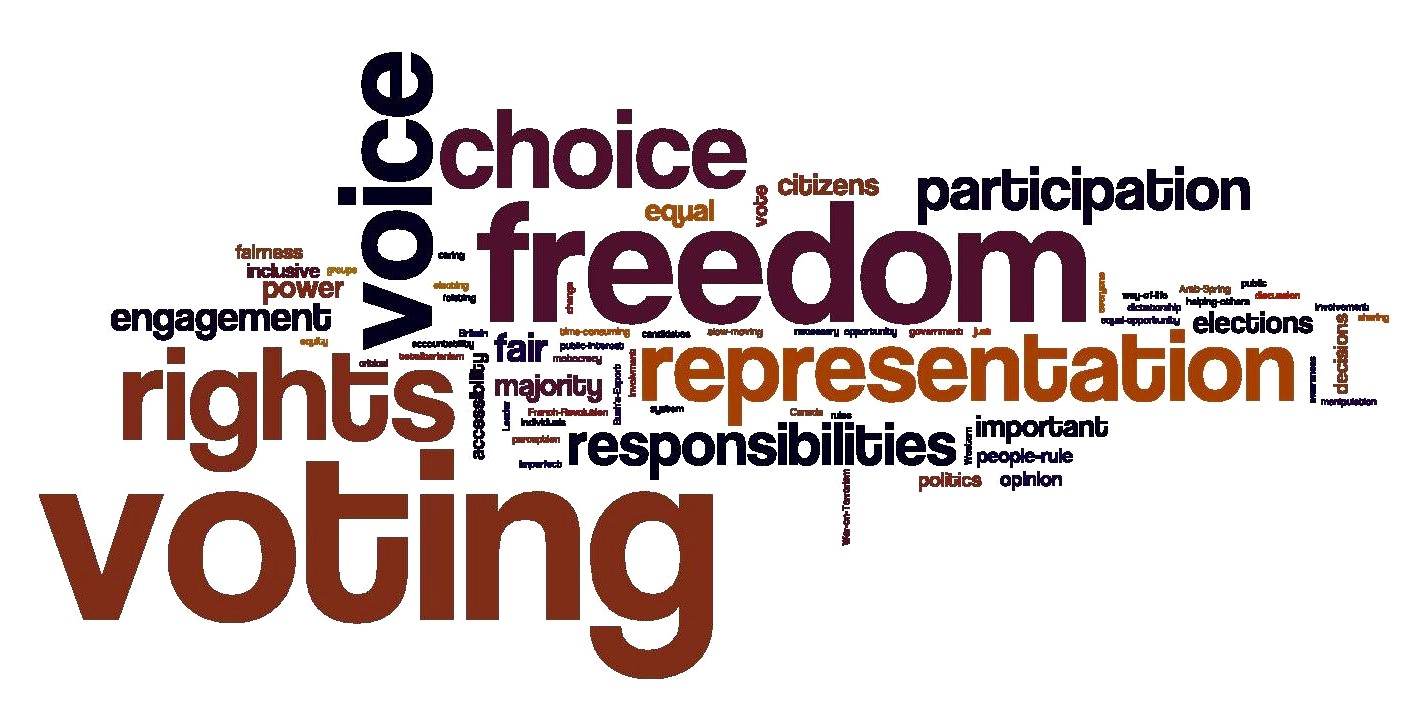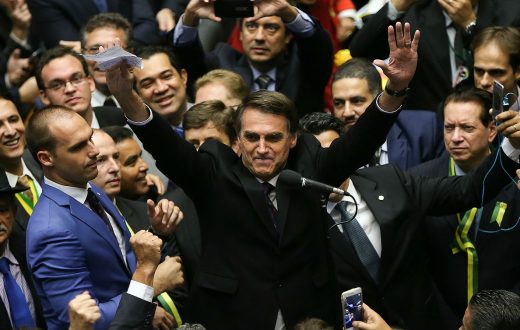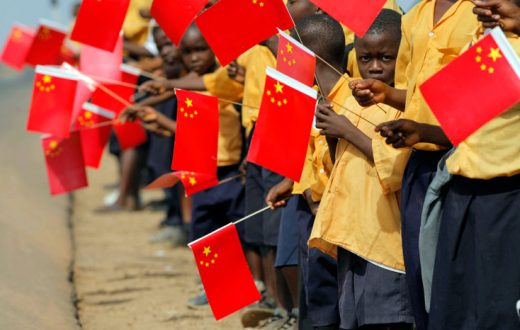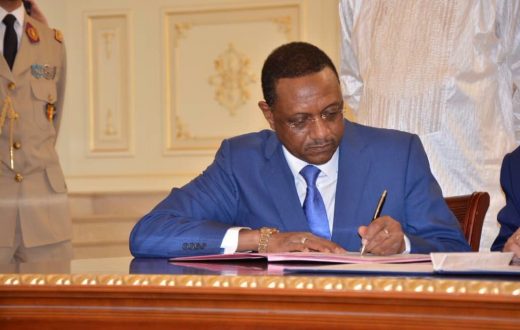Is West Africa turning its back on democracy?
The spate of coup d’états rattling the turbulent West African region raises serious questions about the viability and future of democracy and constitutional rule in the subregion. Further, the power grab also brings to light the role of the former colonial power and its relationship with the former colonies amid a growing sense of nationalism and patriotism fueled by anti-French sentiments.
In less than two years, the military has grabbed power in three ECOWAS Member States, including Mali, Guinea Conakry and Burkina Faso. Another military takeover has been recently thwarted in Guinea Bissau. Burkina Faso President Roch Marc Christian Kabore was ousted amid public resentment with his handling of the so-called Jihadists. The Burkina coupists have been apparently influenced by Mali, where a coup in September 2020 was followed by a second in May 2021, and Guinea, where elected President Alpha Conde was deposed last September.
At this point, it’s fundamentally important to shine a light on the root causes of the trending power grab in Africa, in general, and in West Africa in particular. The proponents of military intervention hold the opinion that the civilian political leadership has abysmally failed the citizens, amending constitutions to perpetuate themselves in power, as it happened in Guinea Conakry, where the deposed leader Alpha Conde amended the Constitution to seek a controversial term in office, triggering widespread unrest in the country. They also point to the rampant corruption involving the political leadership bent on enriching themselves and their cronies while the majority of the population live in abject poverty, deprivation and despair. The rule of the civilians, they further argued, is also characterized by nepotism, cronyism and bureaucratic ineptitude.
On the other hand, the critics argue that military takeovers have offered no tangible solutions to Africa’s perennial predicaments, pointing to Sudan as a perfect example. The Editor of New African magazine stated in a recent editorial entitled, “Africa Groundhog coups” that “If coups had been able to provide the solution to
Africa’s many problems, the continent would have become a shining model of development, equity and justice by now. With a record 15 coup attempts (five successful), Sudan would have been vying with Singapore for most developed status.” The military, who always make corruption and maladministration a pretext to grab power, soon become obsessed with power taking off uniforms and running for elections. Nothing changes on the ground for the masses who initially embrace them, hoping to take them to the promised land.
The Sahel region is beset by insecurity that the military junta in Mali and Burkina took as a pretext to topple the civilian administrations, which they accuse of failing to handle.
There is growing anti-French sentiment across the Francophone nations who accuse the former colonial power of plundering their resource in conjunction with the civilian leadership. The Malian authorities have recently expelled the French envoy in retaliation for condescending remarks by the French foreign minister, who described the Malian military junta as illegitimate.
The Economic Community of West African States (ECOWAS) is currently in crisis, striving to stem further military takeover. The regional grouping has suspended the membership of Mali, Guinea and Mali and slapped the latter with crippling sanctions. Ironically, the masses are solidly behind the military rulers blaming ECOWAS for their woes.
Welcoming back his colleagues in Accra for an emergency summit following a coup in Burkina, the Ghanian leader and the chairman of the West African bloc ECOWAS said a surge of coups since a military government took power in Mali in 2020 must be contained before it devastates the whole region. “It’s with a heavy heart that I welcome all of you today back to Accra after our virtual meeting last week,” Akufo-Addo said. “Your presence here is a strong indication of your willingness to find a sustainable solution to the resurgence of the cancer in our region. Let us address this dangerous trend collectively and decisively before it devastates the whole region.”
To contain the contagion, I firmly believe that ECOWAS must bar member states from manipulating the Constitution to suit the caprices of leaders bent on perpetuating themselves in power and promote serious institutional reforms to rob the military of the pretext to stage coups. Democracy and the rule of law are meaningless if corrupt leaders continue to undermine the very democracy and constitutions they are sworn to protect and safeguard at all costs.
The fragile security situation in the Sahel region must be urgently addressed to ensure that the violence does not spiral over onto other countries in the subregion.
Political leaders must put a definitive end to mediocrity and listen to the cries of their citizens who vote them into office in the hope of bettering their lives and livelihoods. If not, I am afraid we will witness more power grabs in Africa.
By Basidia M Drammeh



